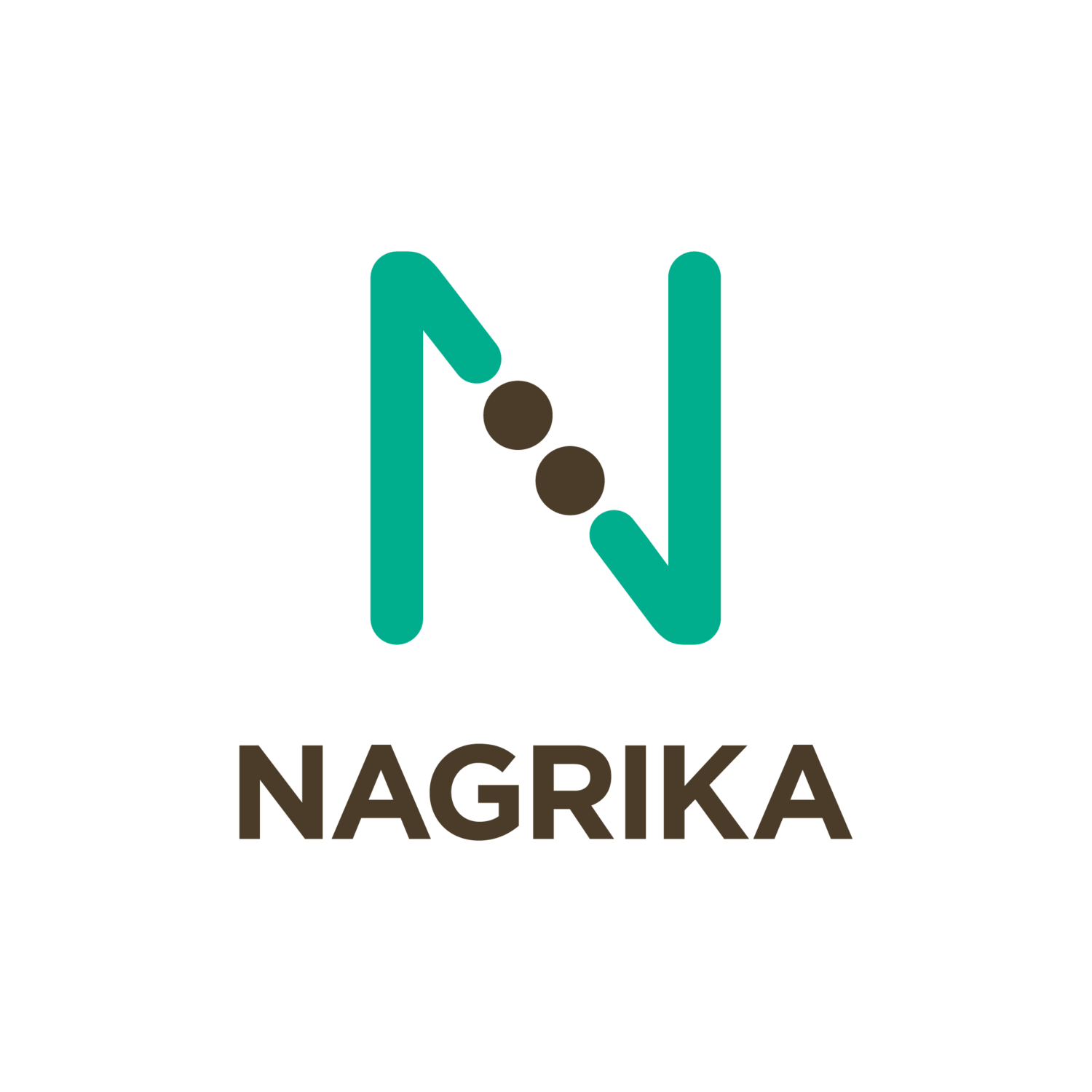Third Place Essay: Nagrika Spring 2020 Essay Competition
/This is the third prize winning entry of the Nagrika Essay Competition held in April 2020.
About the writer: Veronica, a Bengalurean, is very much in love with her city and what it can be. With a flair for music and art, she is discovering her purpose, one day at a time!
Bengaluru:
A city in the midst,
of a garden, it is.
What would my city,
Look like in 2050?
The city of my dreams,
The one I wish it will be,
Thirty years from now.
My city, my uru,
The one and only Bengaluru.
The capital of Karnataka,
Founded by Kempegowda I,
In the year 1537.
A lesser known fact,
The name, the city did attract.
According to historical records,
T’was called Bendakaaluru,
The city of beans.
Following this, it was known as Bangalore,
A city with iconic watchtowers, four.
The Silicon Valley of India,
Also, an education hub,
It is where Rava Idli originated.
The first Indian city,
To get electricity.
It is home to the most number of Nobel Prize nominees,
And the Kannada Film Industry,
And also, a center for aerospace.
As the years progressed,
The city welcomed its guests.
With open arms and open spaces,
Its feel and ambience,
Made it a cultural hub.
The city’s transition,
With a plethora of additions,
Of people, traditions and cultures.
The reason behind its welcoming nature,
Its popularity and its fame.
With this change intensity,
It came to be known for its high traffic density.
But soon, began to congest,
The neighbourhoods and the streets,
And everything else.
Then came the year 2020,
When all, not so gently,
Were taught lessons,
That were previously refused,
To be learnt.
A shift from the consumeristic attitude,
To one of need and gratitude.
This challenged previous ways of life,
And began to view the Earth, our home,
In a different light.
Intentionality and responsibility,
We did inculcate this ability.
With caution and care,
Every step was taken,
For our surrounding’s and planet’s sake.
With evolution and growth,
That taught us much, both.
A dream was a step closer,
As nature received due respect,
And all thrived.
In the year 2050,
How will it look, my city?
A futuristic city,
With technology unimaginable,
Will it be?
The year 2050,
Thirty years after 2020,
Will reflect our learnings,
The perseverance to overcome,
Together as one.
The use of land,
On which we stand,
In a sustainable way.
The ground, the soil,
On which our foundations, we build.
To allow the thirst,
of the soil, first
to be quenched by nature herself
and not create impervious layers,
that rob nature of its right.
The roofs turn green,
And reflect the surroundings.
The sky, open to birds,
And the air and surrounds,
Are kept clean and pure.
Begin to value every drop,
And waste it, we stop.
With rainwater harvesting,
And begin to Reuse,
And also Reduce and Recycle.
Spaces created, keeping in mind,
The people, cultures of various kinds.
Spaces that are open,
With a sense of belonging,
For all, to build community.
To reduce, the intervention
And be mindful of our selfish intentions.
And try and reduce,
Man - animal conflicts,
Respect what they call home.
To keep in mind, this
Is there anything amiss,
With the very idea of building.
To question the need,
For every step we take, everything we design.
To pursue,
To listen, to choose
Before we speak
And pray and be glad
For all that we have.
A city in the midst,
Of a garden, it is.
We begin to connect,
With people and share,
Ideas, thoughts and time.
As lakes and spaces,
The current state it replaces,
Restored to their previous glory.
The Earth is glad,
And all people with it.
People choose to serve others,
And consider those around, brothers.
Put others needs before ours,
Wipe out selfishness and jealousy,
And live in unity.
As social equality reigns,
And dignity of labour is attained.
With improved religious harmony,
We associate to each other,
As one family.
The 2050 I wish for,
It can be a reality, I’m sure.
If we choose,
To learn and adapt
And evolve and respect.
What would my city,
Look like in 2050?
The city of my dreams,
The one I wish it will be,
Thirty years from now.
This piece is part of Nagrikal, a platform for citizens from small cities to share their experiences so that they be channeled into policies.


